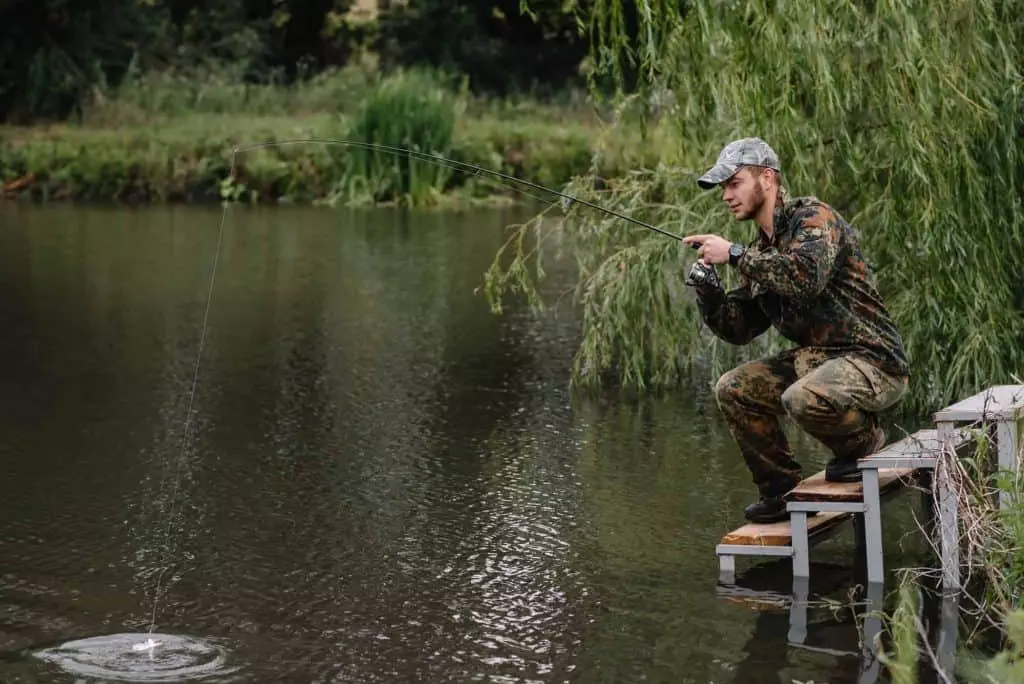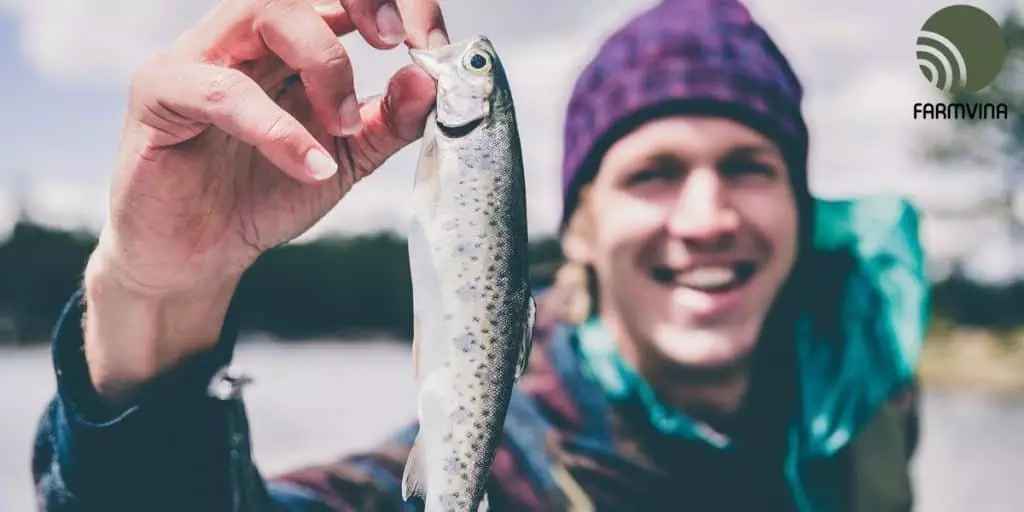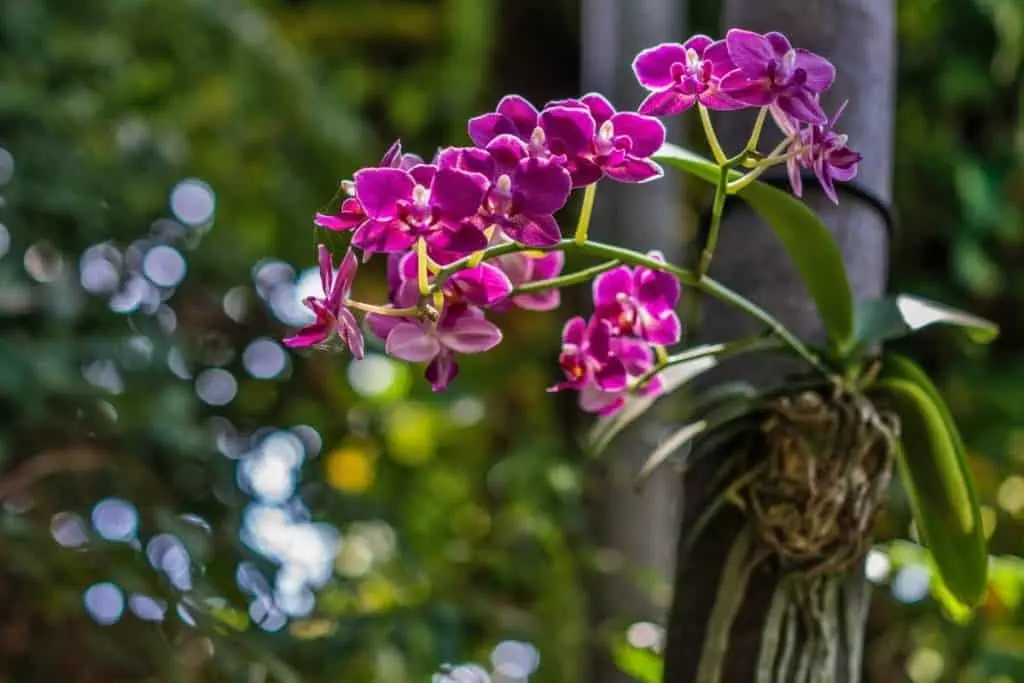Are you tired of coming home empty-handed after a day of fishing? Do you want to improve your skills and increase your chances of catching more fish? Look no further! In this article, we will share with you some valuable fishing tips that will help you become a more successful angler. Whether you are a beginner or an experienced fisherman, these tips will surely enhance your fishing game. So grab your fishing gear and get ready to reel in some big catches!
1. Choose the Right Fishing Spot
One of the most important factors in successful fishing is selecting the right fishing spot. Different fish species prefer different habitats, so it’s crucial to do some research and find out where your target fish are most likely to be found. Here are some tips to help you choose the perfect fishing spot:
- Consider the type of fish you want to catch and their preferred environment.
- Look for areas with underwater structures like rocks, reefs, or submerged logs, as they provide shelter for fish.
- Pay attention to water temperature and current, as they can affect fish behavior.
- Observe the presence of other wildlife such as birds or insects, as they can indicate the presence of fish.
2. Use the Right Fishing Gear
Having the right fishing gear can make a huge difference in your fishing success. Here are some tips to help you choose the right fishing gear:
- Consider the type of fish you are targeting and the fishing technique you will be using.
- Choose a fishing rod and reel that are suitable for the size and weight of the fish you expect to catch.
- Use the appropriate fishing line and hooks for your target fish.
- Don’t forget to bring a tackle box with a variety of lures, baits, and other fishing accessories.
3. Master Different Fishing Techniques
There are various fishing techniques that you can use depending on the type of fish you are targeting and the fishing spot you are in. Here are some popular fishing techniques that you should master:
- Casting: This technique involves throwing your bait or lure into the water and reeling it back in.
- Trolling: Trolling is done by dragging your bait or lure behind a moving boat.
- Bottom Fishing: This technique involves dropping your bait to the bottom of the water and waiting for fish to bite.
- Fly Fishing: Fly fishing is a specialized technique that uses artificial flies to imitate insects or small fish.
4. Pay Attention to Weather and Season
Weather and season play a significant role in fish behavior. Understanding how these factors affect fish can greatly improve your chances of catching them. Here are some tips to help you fish according to the weather and season:
- During warm weather, fish are more active and tend to stay in shallower waters.
- On cloudy days, fish are more likely to be near the surface, while on sunny days, they may seek shade or deeper waters.
- In colder months, fish tend to move to deeper waters where the temperature is more stable.
- Pay attention to the wind direction, as it can affect the movement of bait and fish.
5. Practice Patience and Persistence
Fishing requires patience and persistence. Not every fishing trip will result in a big catch, but that doesn’t mean you should give up. Here are some tips to help you stay patient and persistent:
- Don’t be discouraged by slow fishing days. Keep trying different techniques and locations.
- Observe and learn from other experienced anglers. They may have valuable tips and tricks to share.
- Take breaks and enjoy the peacefulness of nature. Fishing is not just about catching fish; it’s also about the experience.
FAQs on Fishing Tips
Q: What is the best time of day to go fishing?
A: The best time of day to go fishing depends on the type of fish you are targeting. Generally, early morning and late afternoon are considered prime fishing times as fish are more active during these periods.
Q: What is the best bait for fishing?
A: The best bait for fishing depends on the type of fish you are targeting. Live bait such as worms, minnows, or insects are generally effective for a wide range of fish species. However, artificial lures can also be successful in attracting fish.
Q: How can I improve my casting accuracy?
A: Improving casting accuracy takes practice. Start by focusing on your technique and gradually increase your casting distance. Use markers or targets in the water to aim for and adjust your casting angle and power accordingly.
Q: Should I use a fishing float or sinker?
A: Whether to use a fishing float or sinker depends on the fishing technique and the depth at which you want to fish. A fishing float can keep your bait at a specific depth, while a sinker can help you reach deeper waters.
Q: How can I prevent my fishing line from tangling?
A: To prevent your fishing line from tangling, make sure to properly spool it onto your reel. Avoid overfilling the reel and use a line conditioner to reduce friction. Additionally, avoid sudden jerks or tugs on the line while reeling in.
Conclusion
Congratulations! You are now equipped with some valuable fishing tips that will help you become a more successful angler. Remember to choose the right fishing spot, use the appropriate gear, master different fishing techniques, pay attention to weather and season, and practice patience and persistence. With these tips in mind, you are ready to embark on your next fishing adventure. And here’s a fun fact to end on: Did you know that the largest fish ever caught was a blue whale weighing approximately 190 metric tons? Happy fishing!
Originally posted 2023-07-25 23:38:53.




